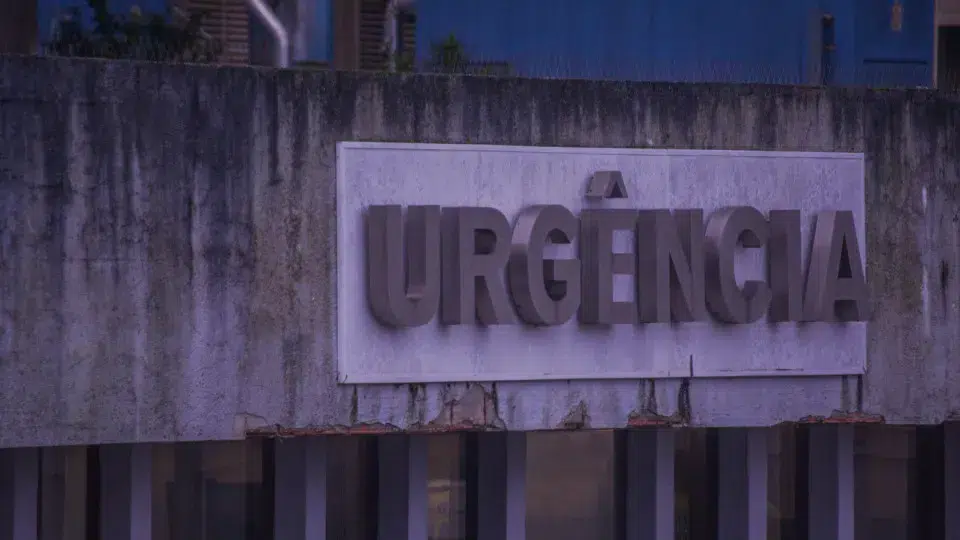
“Politicians must not amplify false news about immigrants, nor echo associations with alleged widespread increases in crime or misuse of social benefits that have no basis in reality,” stated António Leitão Amaral during a governmental program debate in the Assembly of the Republic.
The minister further noted that politicians “cannot remain blind, isolated in an ivory tower, denying the understandable anxiety felt by the Portuguese experiencing the most significant population shift seen in their lifetimes, affecting their schools and streets.”
Conversely, Chega deputy Vanessa Barata called for the suspension of family reunification policies, highlighting the potential for the foreign resident population to more than double from the current 1.6 million.
“A total of 3.5 million would pressure our education system, benefit from our social security system, and strain our security forces,” she remarked, accusing the Government of distributing nationality “like a token.”
Leitão Amaro responded to the deputy’s remarks, accusing her of a “continuous repetition of false news.”
“This rate of invention and lies, especially the hateful discourse, remind me of soap bubbles: you see them, they are attractive, you touch them, and nothing remains,” the official summarized, arguing that Chega’s discourse on “controlling family reunification is based on a false narrative that they manipulate.”
“They speak but are like soap bubbles, only seeking anger to stir strife, yet [regarding Chega’s immigration control program]? Nothing,” stated Leitão Amaro.
The increase in foreign residents in Portugal, which has quadrupled in seven years, represents the “most significant demographic transformation in recent history,” promoted by the socialist government’s “enormous irresponsibility,” the minister said.
However, “the Portuguese did not choose hatred nor massive immigration” and “with their vote, they granted a larger majority to our regulated and humane migration policy,” he claimed.
In a presentation on executive priorities, Leitão Amaro emphasized that “there is no moral ranking,” nor “an ordering of value among human lives,” but “there are differences in rights among people, between Portuguese and foreigners, residents and non-residents, between Lusophone immigrants, more qualified individuals, and others.”
This is because “each political community has the right to decide who can enter and settle in its territory,” he noted.
Now, there are also “international obligations to host those fleeing wars” and “reciprocal hosting duties received by our compatriots when they moved abroad,” he warned.
Further, “dignified integration is a right for those legally residing here,” but it “also imposes duties,” which means “immigrants must respect our rules and constitutional values, starting with women and children.”
“It must be acknowledged that such a rapid and significant growth of immigration” challenges “the social cohesion of the country and our ability to dignifiedly integrate those who arrive,” said the official, reaffirming the need to approve the establishment of a “National Unit for Foreigners and Borders, a true border police within the PSP,” as it’s necessary “to limit certain migratory flows.”
Moreover, “family reunification and CPLP (Community of Portuguese Language Countries) requests made within the national territory should be contained to the country’s integration capacity,” and “we propose to restrict job-seeking visas solely to highly qualified candidates,” he argued.
In the discussion, communist deputy Paula Santos criticized the government’s policies related to immigrants, depending on their country of origin.
“It is astonishing to suggest that the attribution of nationality should require a connection to the country when the PSD and CDS supported the fraudulent acquisition of Portuguese nationality by tens of thousands of Sephardic Jewish descendants,” she said.
“There should be serious criteria for acquiring nationality but there are also limits to government hypocrisy,” she said, considering it a “scandal to sell residence permits under ‘golden visas’,” exemplified the communist leader, a criticism echoed by BE leader Mariana Mortágua.
Jorge Pinto, from Livre, recalled the Portuguese emigration history and stated that immigration policies compromise that legacy.
“Making immigration the alpha and omega of all the country’s issues is not only false but dangerous, and we will not align with what seems to be the trend of the times. Livre will not shift an inch from its stance in defending the dignity of all immigrants,” said Jorge Pinto.
Meanwhile, António Rodrigues (PSD) highlighted inherited problems and João Almeida (CDS) stated that the “country cannot withstand this immigration.”




